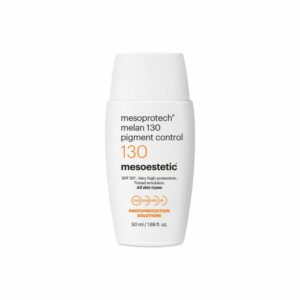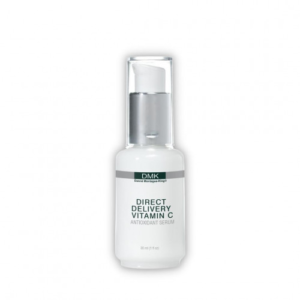Acne, Pimples, White spots, Red spots, ARRGH!
Acne, pimples, white spots, red spots…it’s enough to drive you crazy. Here’s how to make sure we limit breakouts, improve skin texture and tone, and reduce the chances of more scaring. Waking up after a night of refreshing and restful sleep not only helps add a natural shine to the skin but also helps perk up the mood for the rest of the day.


